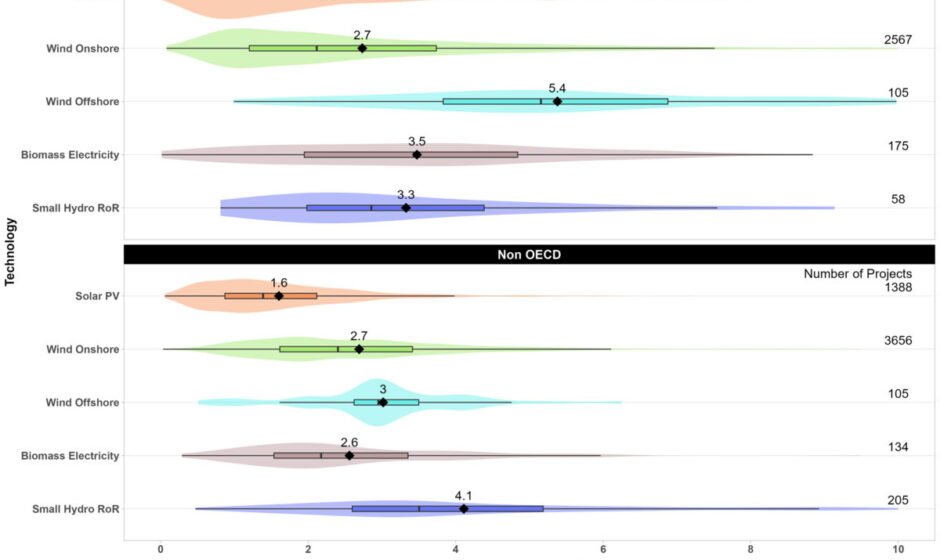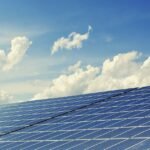A recent study conducted by researchers at ETH Zürich in Switzerland has revealed that completion times for renewable energy projects have increased over the past two decades. The study, which analyzed data from BloombergNEF, focused on 12,475 projects across 48 countries that utilized various clean energy technologies such as PV, wind onshore, wind offshore, biomass, and run-off-river hydropower.
The researchers examined project size, technology, project and developer characteristics, project site, and market-related factors to understand the reasons behind the increasing completion times. They sourced project-level data from BloombergNEF and other country-level data from organizations such as the World Bank, the International Monetary Fund, and the Worldwide Governance Indicators.
One of the key findings of the study was that while PV projects had the shortest commissioning times, the completion times for utility-scale solar plants in many countries actually increased between 2015 and 2022. The researchers also noted that completion times for all clean energy technologies increased in both OECD and non-OECD countries, with the exception of biomass electricity in non-OECD countries.
The study also identified factors that could potentially delay projects, such as currency devaluation, GDP contraction, and the COVID-19 crisis. Additionally, the researchers found that the experience of developers played a significant role in the commissioning times, particularly for PV and wind onshore projects. They highlighted the importance of domestic developers and state-owned companies in expediting project deployment.
The analysis revealed that completion times for PV and wind onshore projects increased by 0.5 years and 0.9-1.2 years respectively in both OECD and non-OECD countries. However, Europe and Asia-Pacific were the only regions that showed a reduction in commissioning times for small hydro run-of-river projects and biomass electricity respectively.
The study, titled “A global analysis of renewable energy project commissioning timelines,” was published in the journal Applied Energy. The researchers suggested that future research could further strengthen the analysis by considering additional factors and variables. They also proposed extending the framework to other energy technologies beyond renewables, such as electricity storage and grid assets.
It is worth noting that the content of this article is protected by copyright and cannot be reused without permission. For any inquiries regarding content reuse, please contact editors@pv-magazine.com.




